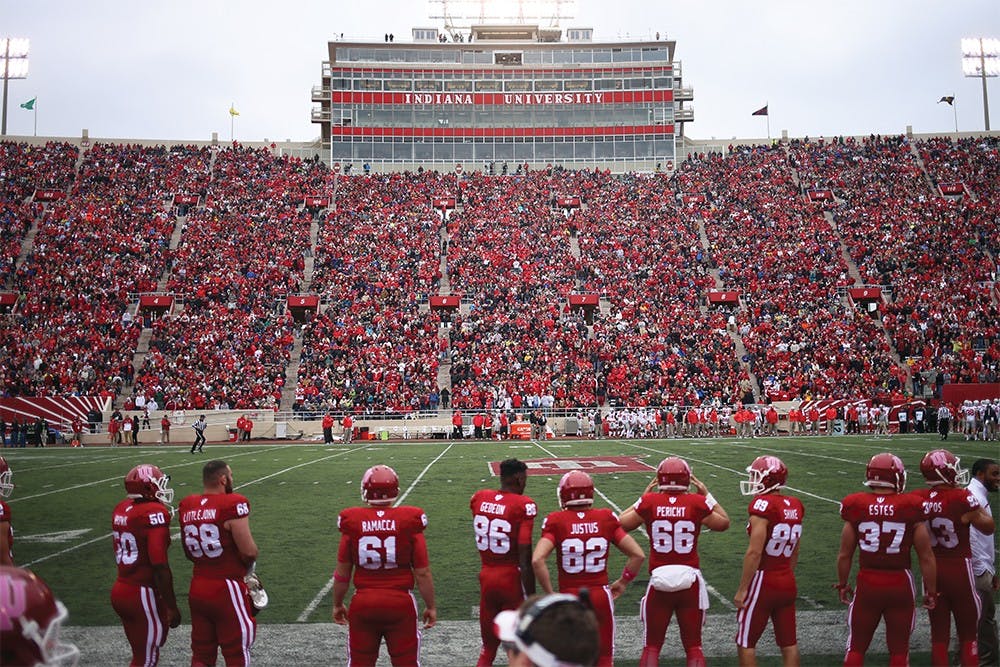CHICAGO — Big Ten commissioner Jim Delaney skirted around one of the biggest issue in college football — serious player misconduct.
Months after the Baylor situation, the question of bringing in players with violent pasts has bubbled to the surface. Should universities allow these players to transfer to their universities and what should conferences do about the issue?
Though the Big Ten could have been a leader in terms of this issue, it will not be — at least for now.
“We believe the facts and circumstances closest to the ground are the places those decisions ought to be made,” Delaney said Tuesday at the Big Ten Media Days.
The Big Ten will let each school determine its transfer policy, which is contrary to what the SEC, Pac-12 and Big 12 have done.
The SEC was the first do so last year, banning players who have had serious misconduct issues from transferring to member schools. This includes any player who has been involved with sexual assault, domestic violence and any other form of sexual violence.
In March, the Pac-12 joined the SEC in not allowing transfers that have violent pasts. Schools can’t take transfers that are “unable to re-enroll at a previous institution due to student misconduct,” according to a Pac-12 press release.
This includes assault, harassment, academic fraud or other violations of campus behavior conduct policies.
The Big 12 has also recently instituted a policy that prohibits transfers and incoming freshman from being brought in if they have had serious misconduct issues.
Surrounded by a pack of reporters, Delaney elaborated on his previous answer — he believes instituting a conference-wide policy would not be wise. Instead, he wants to leave it up to the schools because of the complexity of each individual case.
Delaney thinks the other conference’s polices are fine for them — just not for his conference.
“They are trying to figure out a way,” Delaney said. “It may work for them. We have had that discussion with our campuses, legal counsel and experts, both on Title IX and the Clery Act ... To think that you could pass a four or five paragraph policy to accommodate all that is putting a lot of faith in conference policies.”
Making it clear what is and isn’t acceptable was a smart move by the other conferences. It takes the power out of the school’s hands and helps give schools a standard operating procedure. These policies spell out that if you’ve been involved with heinous acts, you can’t play here.
It shouldn’t have to be spelled out, but that’s the environment we are in. We saw at Baylor that winning can corrupt people’s moral compasses. Baylor brought in transfers with serious misconduct issues and those players committed those acts again.
Would the SEC’s policy have stopped what happened? We will never know, but it would have made a situation like Baylor significantly less likely.
The policies aren’t perfect — like any rule should be tweaked if necessary. But not to have one seems foolish. What’s it hurt not to have a broad one at the very least?
“We can learn from each other best practices,” Delaney said. “That doesn’t mean that the NCAA has to do it. When you see something that works someplace else, people will gravitate towards that.”
The Big Ten isn’t saying that its schools are necessarily going to take players with serious issues. But, the schools have the ability to make that decision on their own, which leaves the door open for winning to be placed ahead of doing what’s right. Why leave it up to the school when three out of the five Power Five conferences already have a strong policy in place?
Time will tell if the Big Ten’s inaction was the right course of action.






